THE RIGHT
Schooling has been compulsory in India for more than ten years. Nevertheless, schooling for underprivileged children like those from day labor families is still a big problem. Why is that?
The problems in the Indian education system are manifold and strongly interwoven. The biggest problem is the extreme division of the system into private and public schools.
There are private schools in many countries – and that’s perfectly fine. In India, however, a complete parallel economy has emerged: anyone who can afford it somehow sends their child to a private school. This weakens the state education system and literally dries it up.
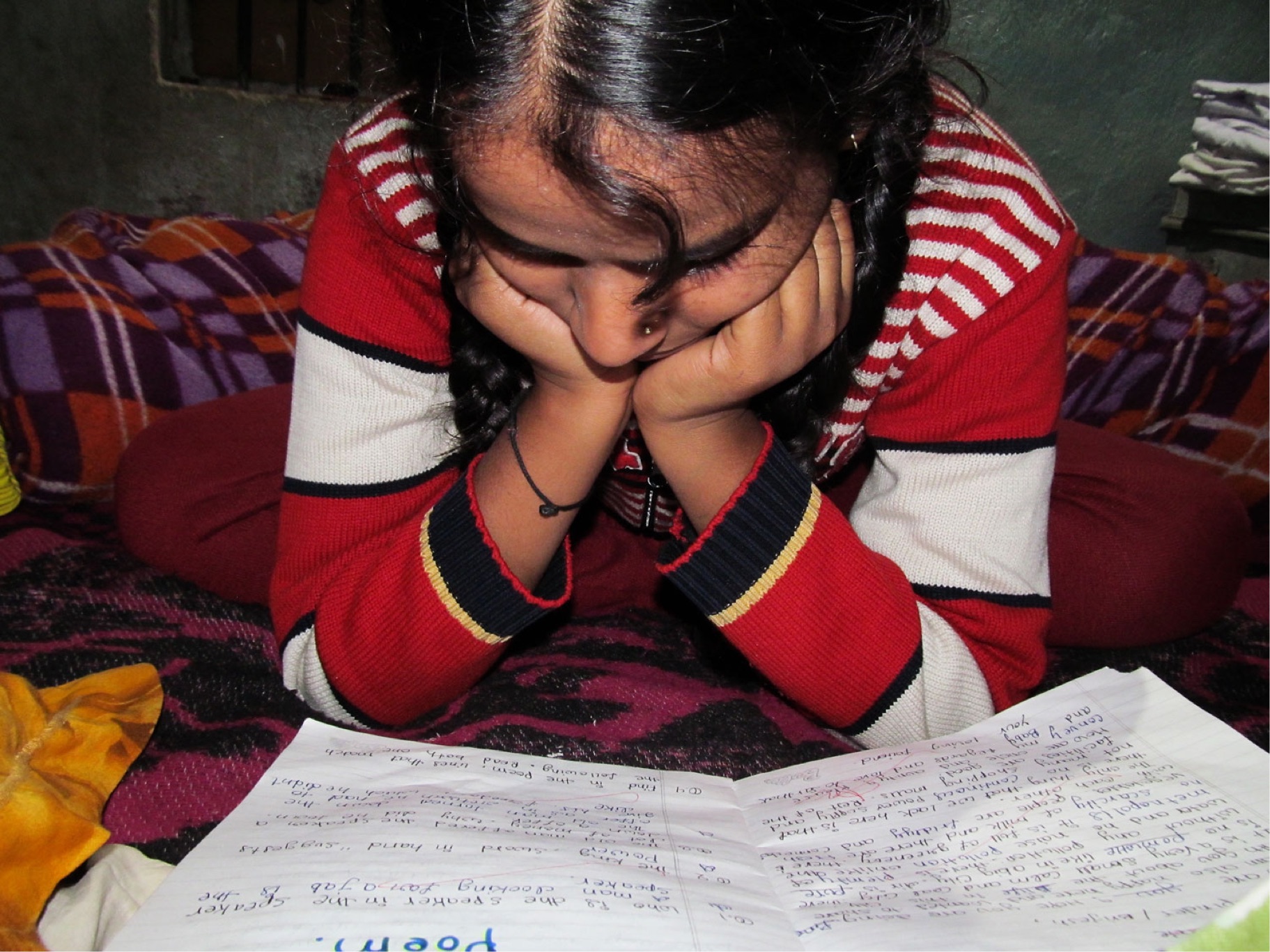
It is completely normal for a state school to have to stop math classes for several years because it cannot find a subject teacher. No wonder: at a private school, this earns more and has better conditions.
Even more serious: Until recently, children were often transferred regardless of their academic performance. Quite a few young people left school as illiterate in 12th grade.

This has changed at least in the upper classes. The exam requirements have grown extremely; but not as a process that takes the students with them, but as an order from one day to the next.
With the result that the requirements are high, but the teaching methods, equipment and system have not improved in parallel.
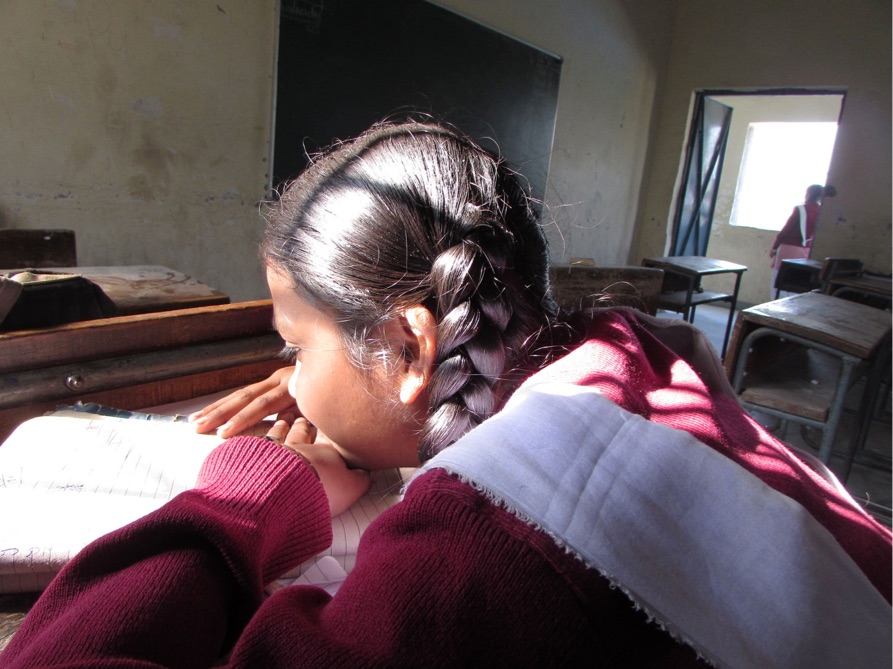
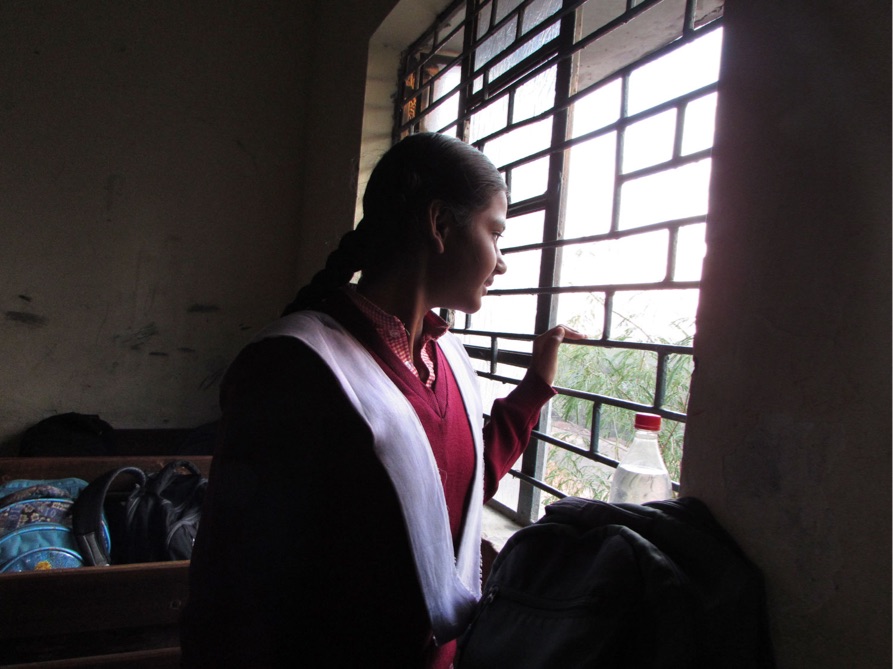


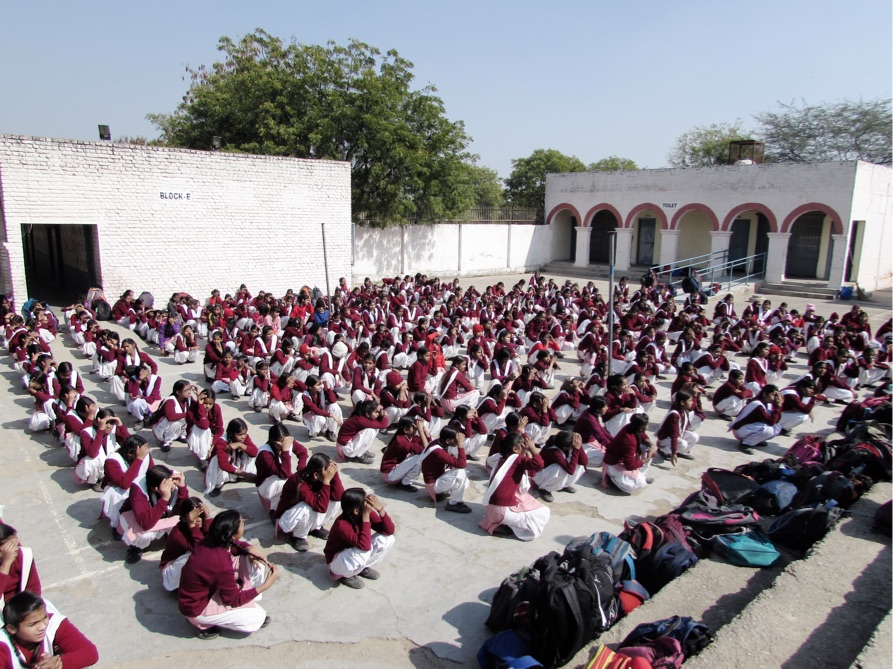
THE CFH LEARNING CENTERS.
Reasons enough for numerous NGOs such as the Concern for Humanity Foundation to set up their own learning centers all over the country. These are aimed specifically at children who fall through every grid in state schools.
The centers, always located in poor communities, offer them a protected place and individual support for learning for the first time.
A lot has been achieved, but ensuring that the future of the children is reasonably secured remains a goal that everyone in the charitable schools has to work hard for every day.
Because, of course, the pressure on the children remains great: at an early age, they have to contribute to the poor income of their families early on – in addition to the best possible academic performance.
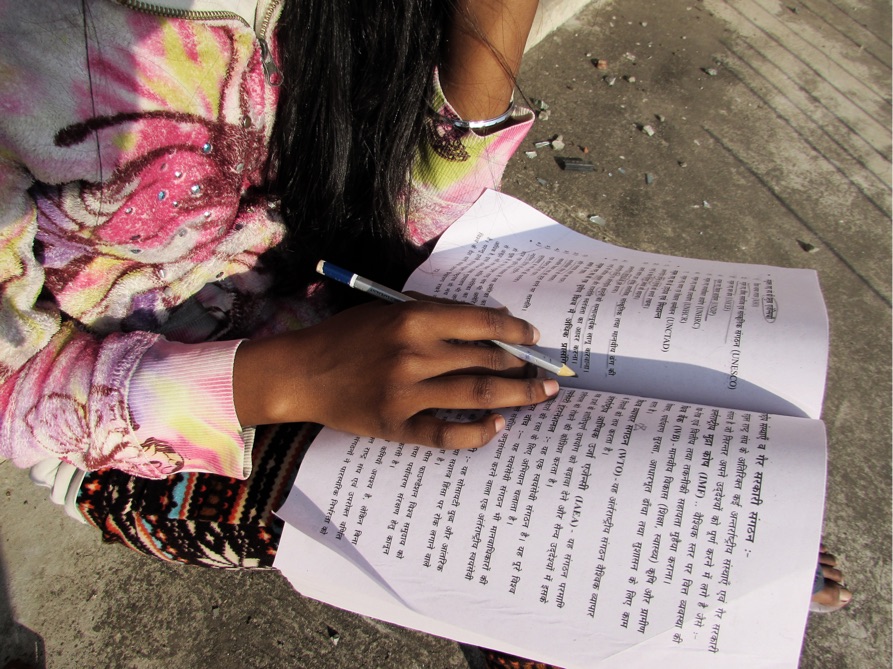

Many of “our” students therefore start teaching younger children themselves early on and earn something for their families. Your hunger for education is fascinating and demands the greatest respect from us.

